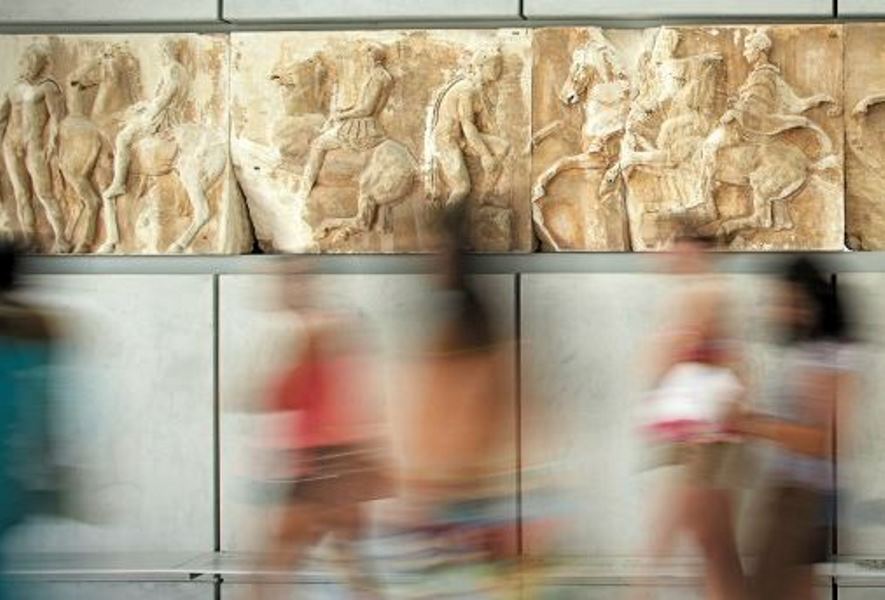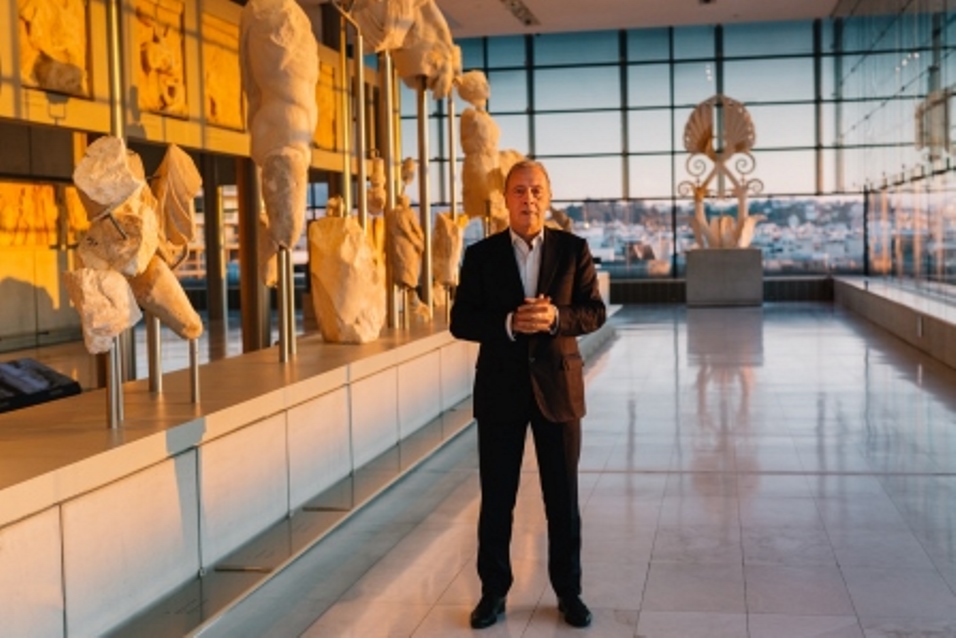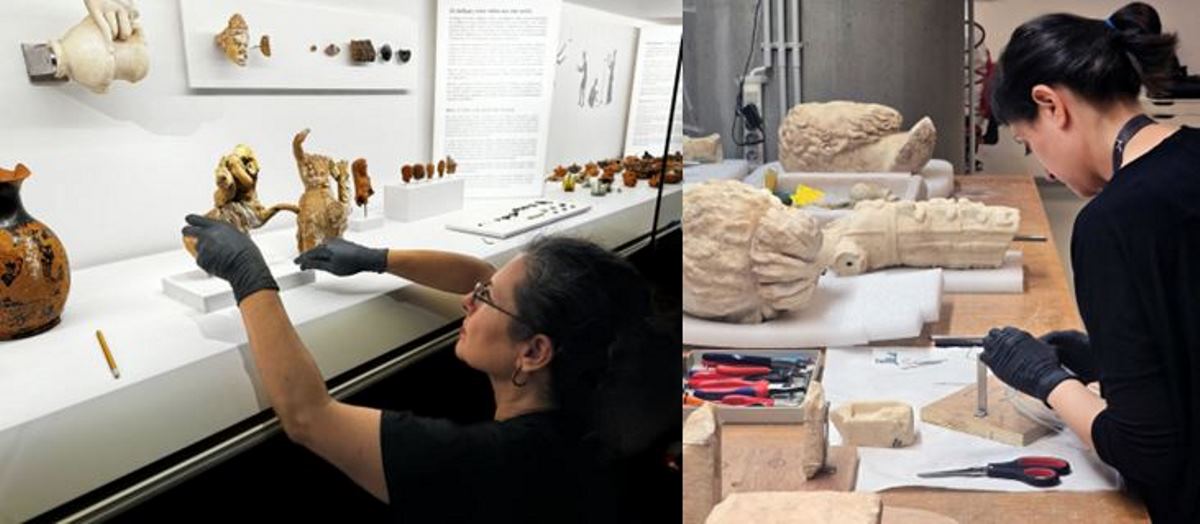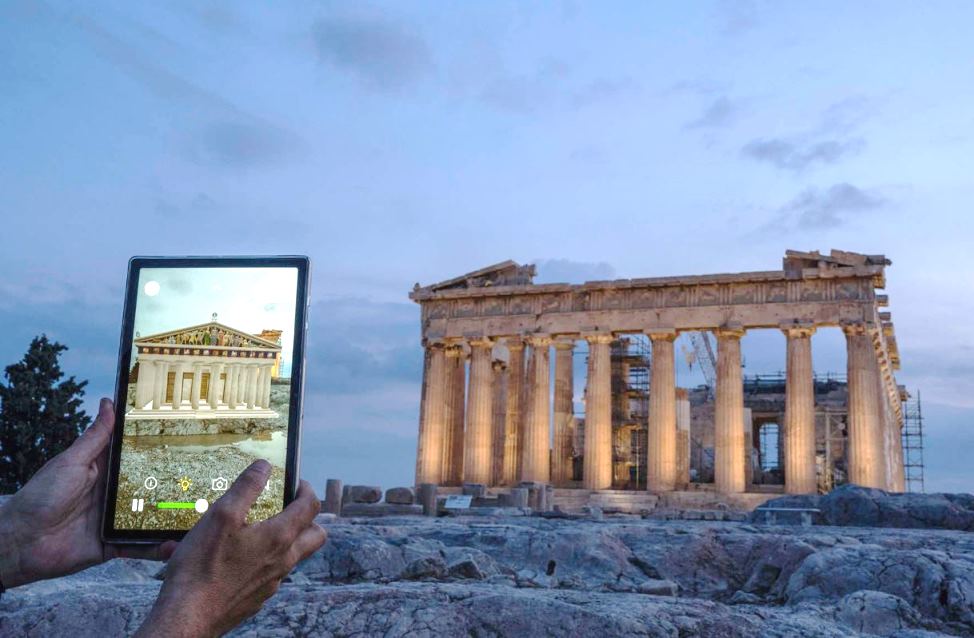Catherine Bennett wrote in the Guardian on Saturday, 28 May 2022, asking that question: 'Why shouldn't the Greeks have their marvle back?' The subheading goes on to state: the 'antiquated excuses for keeping the sculptures divided are wearing thin after 12 years of Conservative cultural freezes.' Catherine Bennet goes on to remind us of Byron and his disgust at Lord Elgin's pilage of the Parthenon at the turn of the 19th century. This segues to Lord Pakinson.
We heard Lord Parkinson speaking on this subject for the first time, in February this year. Lord Dubs made his plea for the reunification of the Parthenon Marbles in the House of Lords on 08 February at 15:10 in the afternoon. Lord Parkinson's reply was simply the same old, well rehearsed lines. And it isn't surprising that in her article, Catherine Bennett adds: "following renewed Greek attempts to repatriate the Parthenon marbles, Parkinson is now responsible for the government’s response, possibly in future talks. As under-secretary of state for arts in the DCMS he has already, as demonstrated in a recent debate, committed to the old arguments for keeping the sculptures, regardless of majority British opinion, and endorsed the museum’s claim, disreputable even at the time, that Elgin acted lawfully. “The Parthenon sculptures were acquired by the late noble earl, Lord Elgin, legally,” he recites, “with the consent of the then Ottoman empire.”
Catherine then remembers Oliver Dowden and his suggestion to institutions to 'retain and explain'. The shortfall with this instruction in the case of the Parthenon Marbles is that the British Museum avoids telling visitors the whole story. Who can question such an August, British institution?
Janet Suzman handing out flyers, 'Tell the Story', outside the British Museum, on 20 June 2021, the 12th anniversary of the Acropolis Museum.
The retain is effortless, as the British Museum are the keepers of the fragmented sculptures in Room 18 and that can continue forever as far as the Trustees and Director the British Museum are concerned, and many, such as Lord Parkinson in the British government too.
Lord Parkinson is not the only person that is relunctant to recognise the significance of reuniting these sculptures, so that the surviving pieces can be seen together and in relation to the Parthenon, which still stands. However, the reasons given by the UK and the British Museum for not engaging in talks will not put a stop to the continued request for the reunification of the Parthenon Marbles. A heartfelt request that will never subside and is supported by most nations, and most right thinking folks in the UK and elsewhere throughout the globe.
To read Catherine Bennett's article in full, follow the link here.
The Acropolis Museum's, top floor, glass-walled, Parthenon Gallery, is the one place on earth where it is possible to have a single and aesthetic experience simultaneously of the Parthenon and its sculptures.







Comments powered by CComment